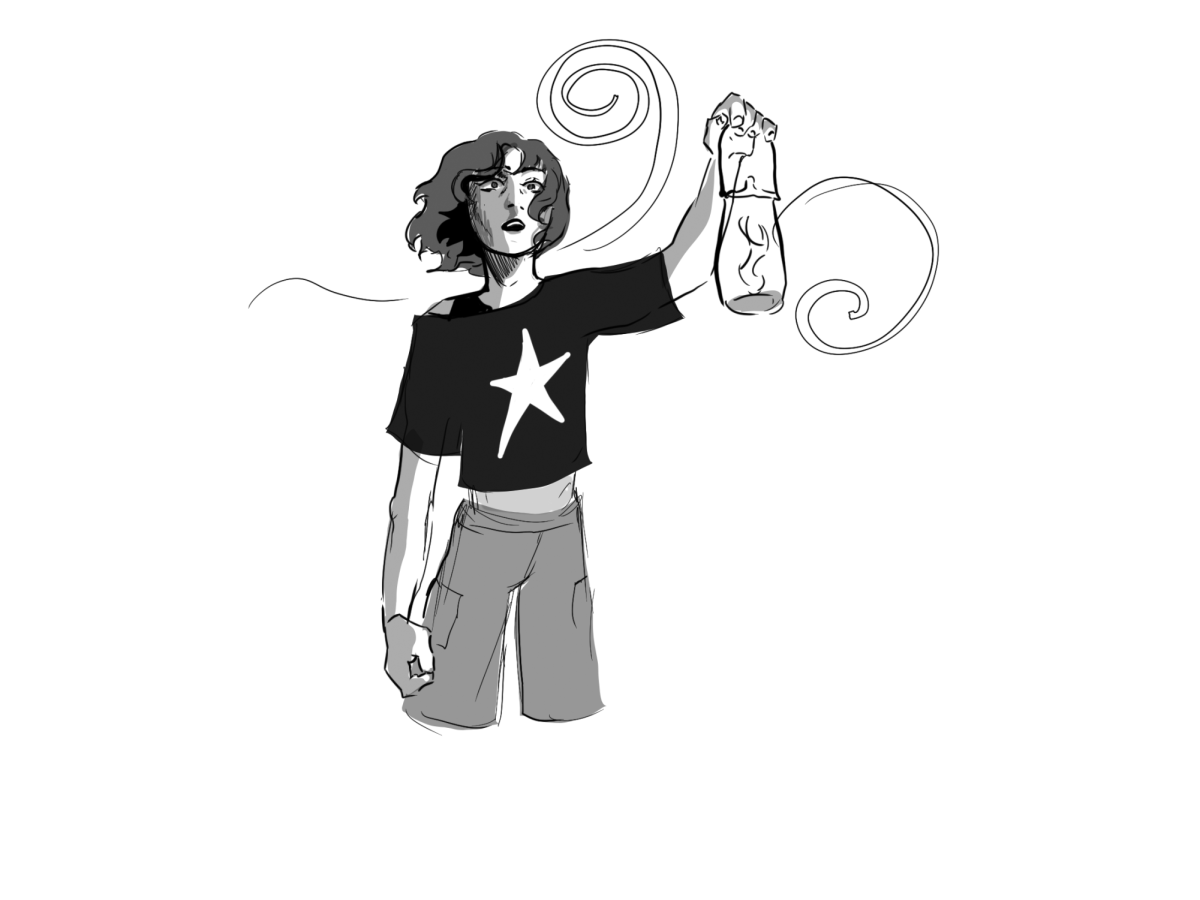Whether you’re watching television, listening to the radio, or surfing the web, there’s no escaping Gotye (pronounced GOH-tee-ay) and his monster hit single “Somebody That I Used to Know.” This song has been performed on Saturday Night Live, featured on Glee, received an enormous amount of radio play the world over, and accumulated over 180 million views on YouTube.
Some have attributed the 31-year-old Belgian songwriter’s wild success to the Canadian cover band Walk Off the Earth, whose version of the song where all the members are playing one guitar has become a viral video, itself has garnered almost 100 million YouTube views. While those with more obscure tastes (hipsters) will say that they viewed Gotye’s version first, many were drawn to the original because they enjoyed the cover, and viewed both videos on the Internet. In this way, Gotye has provided a blaring example of the drastic change that the music business has undergone over the years, and opened our eyes to the way music is marketed to people these days.
For the most part, this generation has never experienced music without the Internet. What they don’t realize is that many years ago, there was far less opportunity for promotion than there is today, in the age of total global connection through the information superhighway. To give an example of the way things used to work, many Americans got their first experience of The Beatles by watching them on a program called the “Ed Sullivan Show.”. This was a show where countless artists achieved mainstream success from the nationwide exposure the TV show offered, including Elvis Presley, The Doors, The Jackson 5, and The Rolling Stones. After being viewed on “Sullivan,” or another show like it, people would be able to decide if they liked the band that performed, and would buy their vinyl records in droves.
A lot has changed since then. Music is now easier than ever to access and obtain (often illegally), and Americans are constantly under assault by advertising for music, music acts, or products whose commercials certain artists have licensed their music to. While rock music has somewhat faded from the music charts that are now dominated by pop, hip-hop, and R&B, bands like The Foo Fighters, The White Stripes, and Green Day still manage mainstream recognition, popularity, and success, and a lot of that has to do with all the advertising that is done to keep their music relevant. When a musical act is performing on a talk show, or a program like Saturday Night Live, it means a lot less now that it wouldn’t cost you a dime to hear the song they’re performing and every other song they’ve ever written at any other time in any other place.
In the midst of all this, Apple has taken advantage of people’s desire to buy and listen to music any time they want, and have developed devices like iPods, iPhones, and iPads, as well as iTunes, the place where you can purchase and download all the music you could ever want, and created a multi-billion dollar industry out of it. The Apple gadgets people take for granted, even ten or fifteen years ago, would have been a miracle. Even more cleverly, iTunes shows you advertisements for popular music, and then gives you a button you can push that takes you to a virtual store where you can buy and listen to that music immediately. Imagine someone from 1967 having that convenience.
In the history of its major involvement in American popular culture, music has never been more prominent and available than right now, and because of all this opportunity, we are constantly being introduced to new music. Some might say that makes it less special, others would say that it’s a godsend for struggling independent artists. Whatever the case, there is a dramatic difference between setting a needle on a record and listening to a whole album and just listening to what you feel like at any time or place with the push of a button, and perhaps that makes it all the more special indeed.
Categories:
Easy Access to Music has Changed the Media Experience
By admin
•
June 18, 2012
Story continues below advertisement





